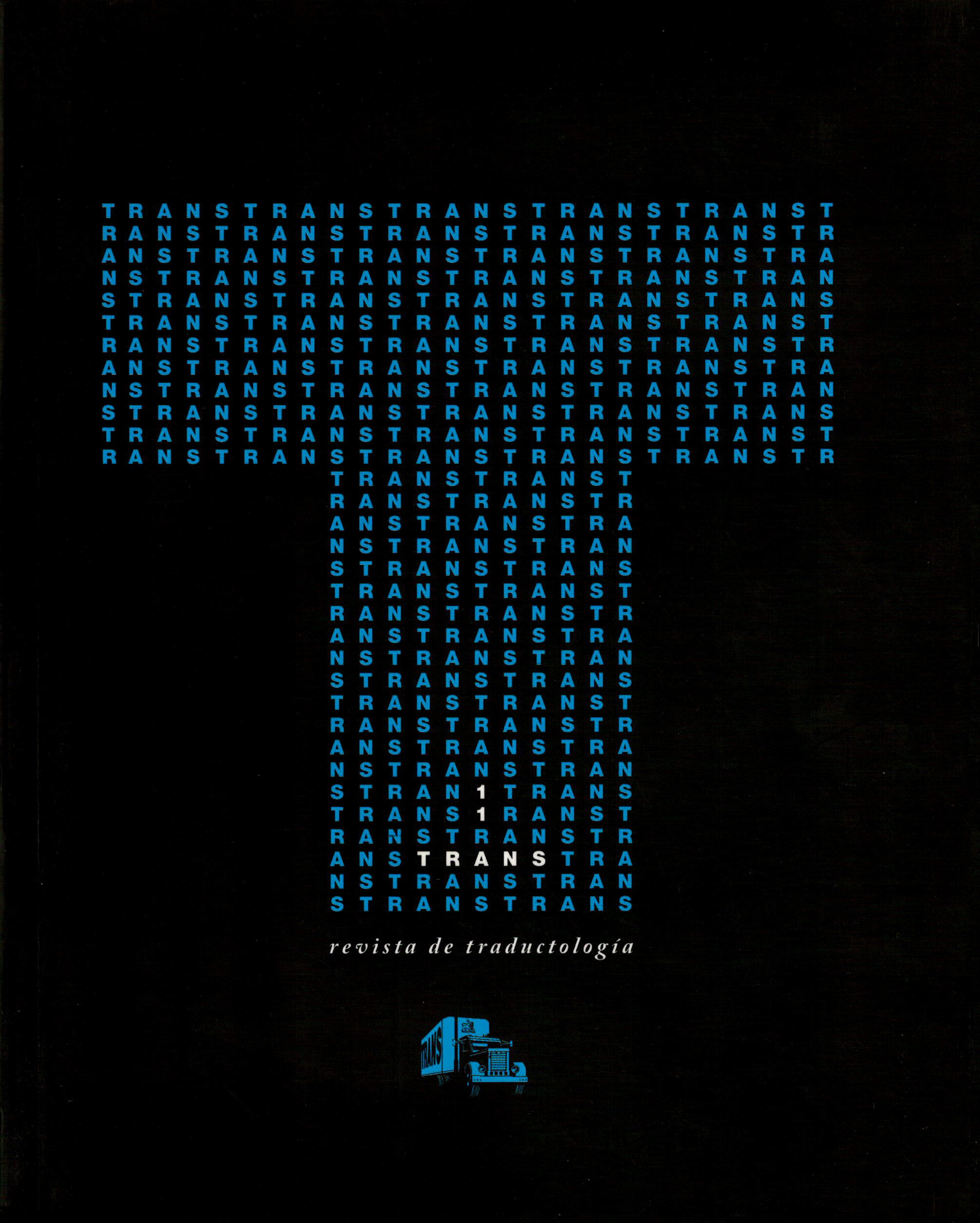La subtitulación para s/Sordos1 , panorama global y prenormativo en el marco ibérico
DOI:
https://doi.org/10.24310/TRANS.2007.v0i11.3100Keywords:
subtitulado para s/sordos, accesibilidad, traducción audiovisual.Abstract
El presente artículo tiene como objetivo revisar el panorama global de la subtitulación para s/Sordos en España y Portugal. El hecho de que ambos sean países colindantes con culturas y lenguas muy próximas hace que también compartan historia en el desarrollo de esta modalidad de traducción pero que se alejen en algunos puntos. En consecuencia, abordaremos la situación de forma comparativa, partiendo del interés creciente que hay en toda Europa por temas de accesibilidad y haremos un pequeño recorrido tanto por las ventajas que los subtítulos preparados específicamente para s/Sordos tienen como por las necesidades técnicas y los retos de tipo social que llevan aparejados. Dado que en este mismo volumen hay un capítulo dedicado a la situación en España (Orero et al., 2007), nos limitaremos a mostrar una panorámica histórica de la situación en Portugal. Finalmente concluiremos con una pequeña reflexión sobre «estudios de caso» que nos permitirán sacar conclusiones preliminares sobre el modo en que se realiza esta actividad a día de hoy en España, cuando las primeras normativas que han salido tímidamente y que precisan modificaciones e implementaciones todavía no son seguidas, al menos en su totalidad, por los subtituladores
Downloads
Metrics
Publication Facts
Reviewer profiles N/A
Author statements
Indexed in
-
—
- Academic society
- N/A
- Publisher
- Universidad de Málaga
Downloads
Published
How to Cite
Issue
Section
License
All contents published in TRANS. Revista de Traductología are protected under the Creative Commons Attribution-NonCommercial-ShareAlike 4.0 International (CC BY-NC-SA 4.0) license. All about this license is available in the following link: <http://creativecommons.org/licenses/by-nc-sa/4.0>
Users can copy, use, redistribute, share and exhibit publicly as long as:
- The original source and authorship of the material are cited (Journal, Publisher and URL of the work).
- It is not used for comercial purposes.
- The existence of the license and its especifications are mentioned.
- ShareAlike — If you remix, transform, or build upon the material, you must distribute your contributions under the same license as the original.
There are two sets of authors’ rights: moral and property rights. Moral rights are perpetual prerogatives, unrenounceable, not-transferable, unalienable, imprescriptible and inembargable. According to authors’ rights legislation, TRANS. Revista de Traductología recognizes and respects authors moral rights, as well as the ownership of property rights, which will be transferred to University of Malaga in open access.
The property rights are referred to the benefits that are gained by the use or the dissemination of works. TRANS. Revista de Traductología is published in an open access form and it is exclusively licenced by any means for doing or authorising distribution, dissemination, reproduction, , adaptation, translation or arrangement of works.
Authors are responsable for obtaining the necessary permission to use copyrighted images.













21.png)
